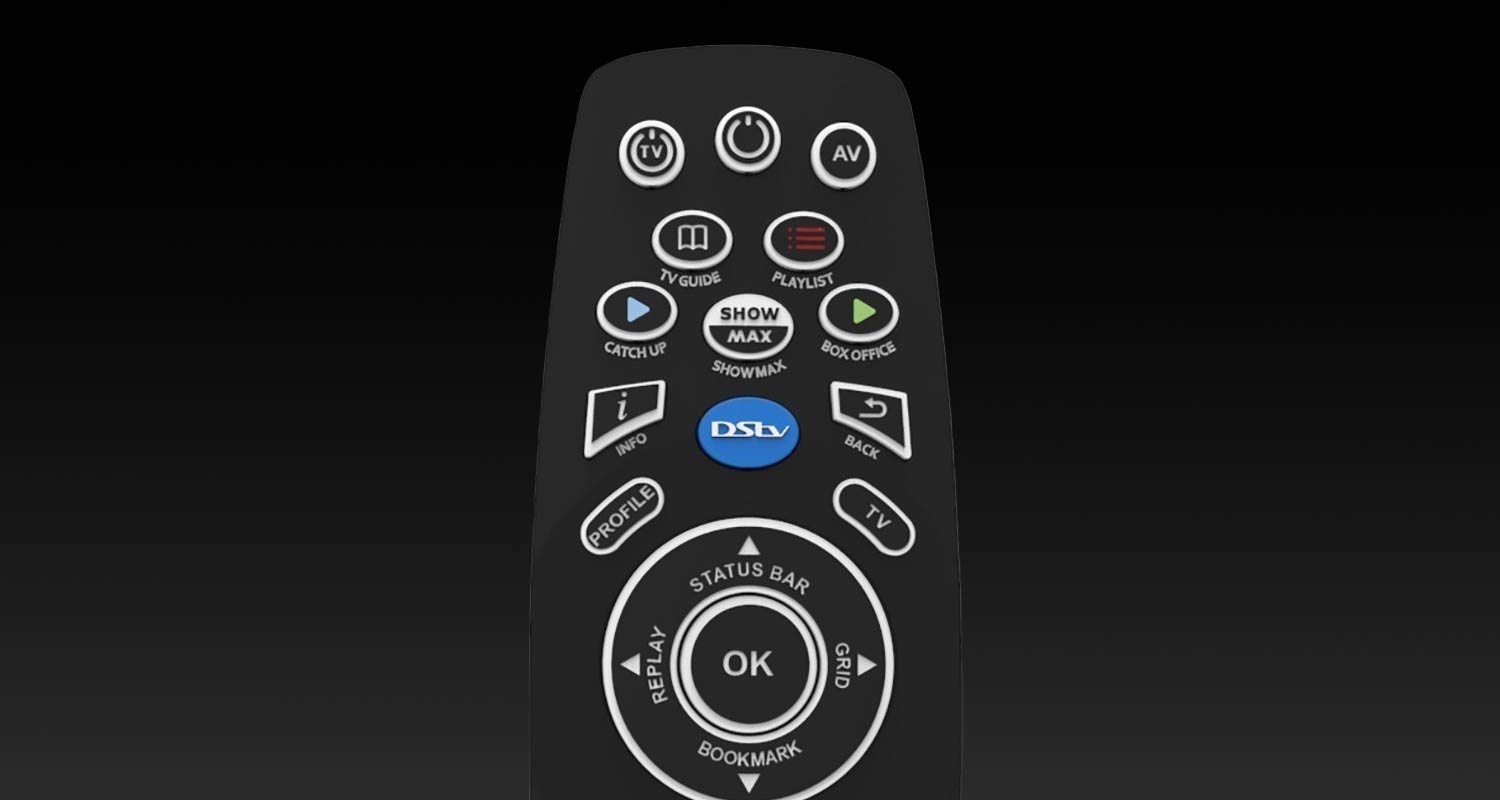South Africa’s MultiChoice Group is suffering from a steady decline in subscribers both at home and in many of the other African markets where its DStv, GOtv and Showmax offerings are available.
Meanwhile, its French suitor, Groupe Canal+ – the largest pay-TV operator in French-speaking Africa – is showing modest but steady growth. The two companies are in the middle of a takeover bid which, if it passes regulatory muster, will see Canal+ acquiring MultiChoice for R125/share in cash.
“[We are] the undisputed leader in French-speaking sub-Saharan Africa, where the group is present in almost half of electrified households. The successful completion of [our] ongoing mandatory takeover offer for MultiChoice will make Canal+ the largest European-based market player worldwide as well as the leader across the African continent,” Paris-headquartered Canal+ said in a listing prospectus, published last October ahead of its listing on the London Stock Exchange on 16 December.
In its interim results for the six months to end-September 2024, MultiChoice Group reported an 11% year-on-year decline in total subscribers, from 16.7 million to 14.9 million.
The group cited an “extremely hostile operating environment” as the cause of the decline, which also resulted in a 10% decline in revenue.
Canal+, on the other hand, reported a 4% year-on-year increase in subscribers, from 9.4 million to 9.7 million for the year ended December 2024 in its Africa and Asia segment (it doesn’t break out Africa separately). Revenue for the year in the two regions grew by 3.2% to just over €1.1-billion (R23.7-billion) in the same period.
Canal+ said its revenues from Africa and Asia were mainly driven by growth in its pay-TV subscriber base in Africa. Ebitda margins – a measure of operating profit margin – saw a slight decrease from 21.4% to 20.8% for the region, which Canal+ attributed to growth in lower-priced subscriptions.
Differences in strategy
Macroeconomic factors such as inflation, electricity supply challenges and low economic growth constraining subscriber growth for MultiChoice are similar to those faced by Canal+ in its African markets. The differences in performance of the two broadcasting giants, with Canal+ on a positive track while MultiChoice erodes, could come down differences in strategy.
Maxime Saada, CEO of Canal+, has been critical of MultiChoice’s strategy on two fronts.
The first is over MultiChoice’s decision to diversify into non-broadcasting activities. Its ventures include an insurance business called NMS Insurances Services, a sports betting entity called Kingmakers and a fintech bet called Moment.
Read: MultiChoice and Canal+ agree to more time to get deal done
Saada’s strategy with Canal+, on the other hand, has been much more focused: to have 50 million pay-TV customers worldwide by 2030.
In its last set of results, for the six months to 30 September 2024, MultiChoice Group said Kingmakers’ exposure to the Nigerian market led to significant foreign exchange losses due to a sharp depreciation in the value of the naira.
 “Kingmakers continues to deliver strong underlying momentum in its operations, despite a challenging macro and foreign exchange environment. Net gaming revenues declined by 48% to R0.9-billion for the first half due to the weaker naira versus the US dollar but were up 10% on an organic basis,” said MultiChoice.
“Kingmakers continues to deliver strong underlying momentum in its operations, despite a challenging macro and foreign exchange environment. Net gaming revenues declined by 48% to R0.9-billion for the first half due to the weaker naira versus the US dollar but were up 10% on an organic basis,” said MultiChoice.
There is no opportunity without risk, and some of MultiChoice’s bets seem to be paying off. The group’s insurance business is currently the subject of a takeover by Sanlam. And many of its other diversified business ventures, including its sportsbetting platform KingMakers and fintech play Moment, have shown positive signs of growth while the core pay-TV business struggles.
Read: Why MultiChoice is having a fintech Moment
For the half year to end-September 2024, MultiChoice’s subscription revenues declined by R3-billion year on year, while advertising revenue fell by R91-million. One the other hand, revenue from technology contracts and licensing, insurance premiums, and other non-core activities grew by R84-million from R2.2-billion to R2.3-billion.
Saada’s second concern about MultiChoice strategy relates to a fragmentation of MultiChoice’s go-to-market strategy in its core business of pay TV. Whereas Canal+ has the same offering across all its channels – including satellite, streaming and set-top-boxes – MultiChoice has different platforms for each technology. Saada was especially critical of Showmax, the streaming platform MultiChoice recently rebuilt in partnership with US-based NBCUniversal, and how, in his view, it competes with DStv instead of complementing it.
“If I show you the Canal+ app now, it’s the same content that I have on our set-top boxes,” Saada told News24 (paywall) in June 2024. – © 2025 NewsCentral Media
Get breaking news from TechCentral on WhatsApp. Sign up here.

